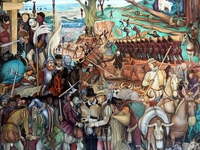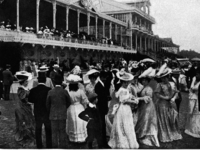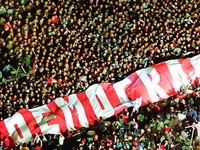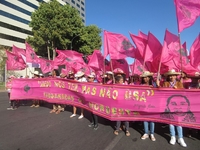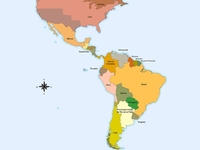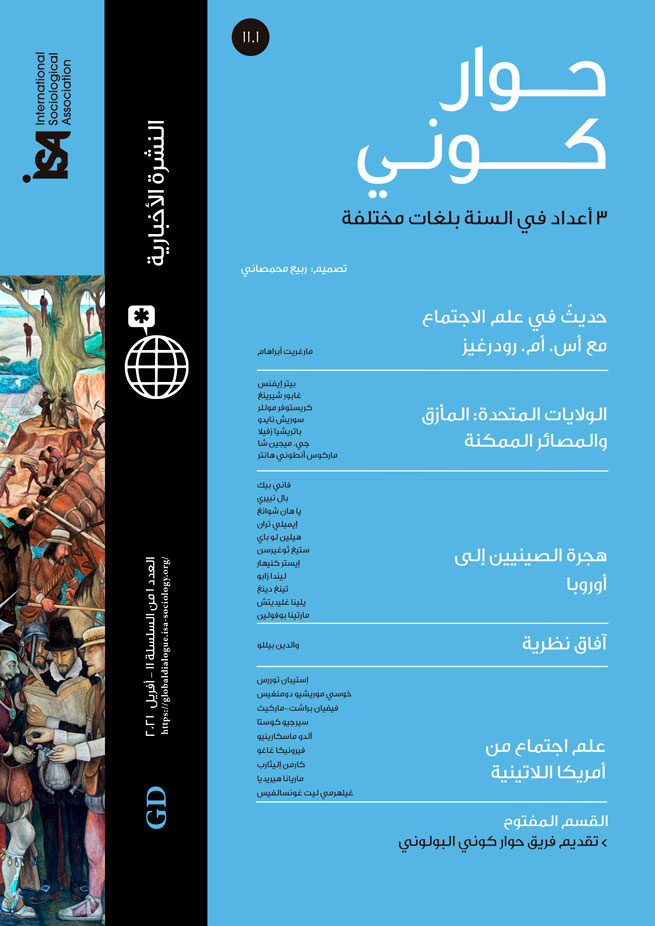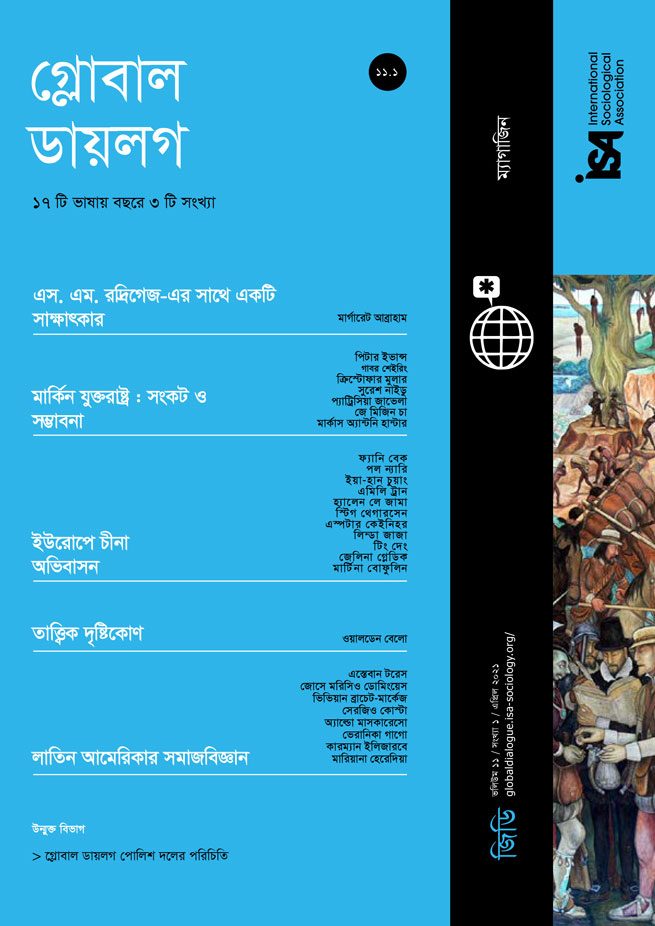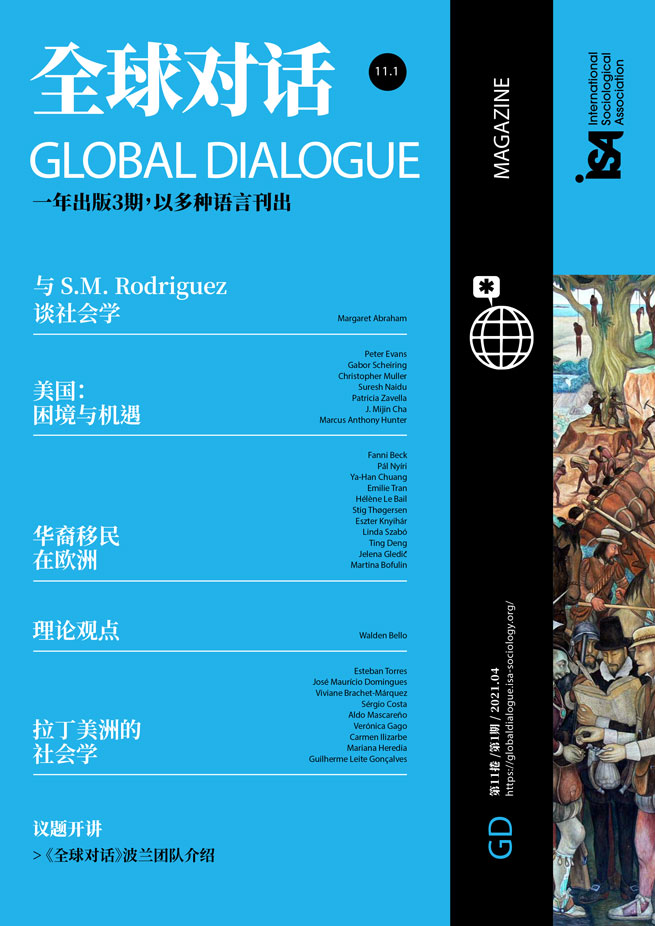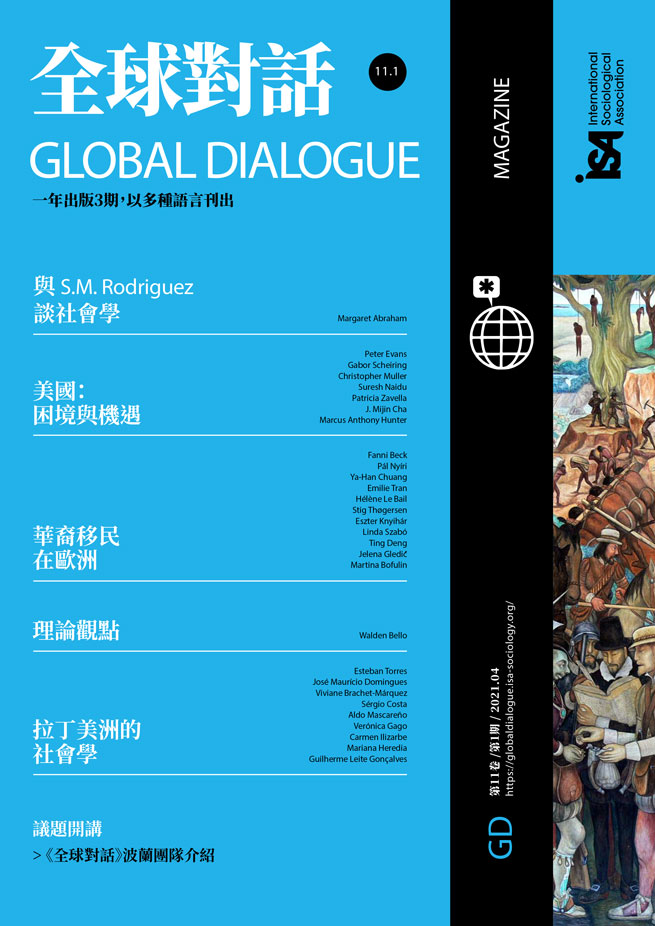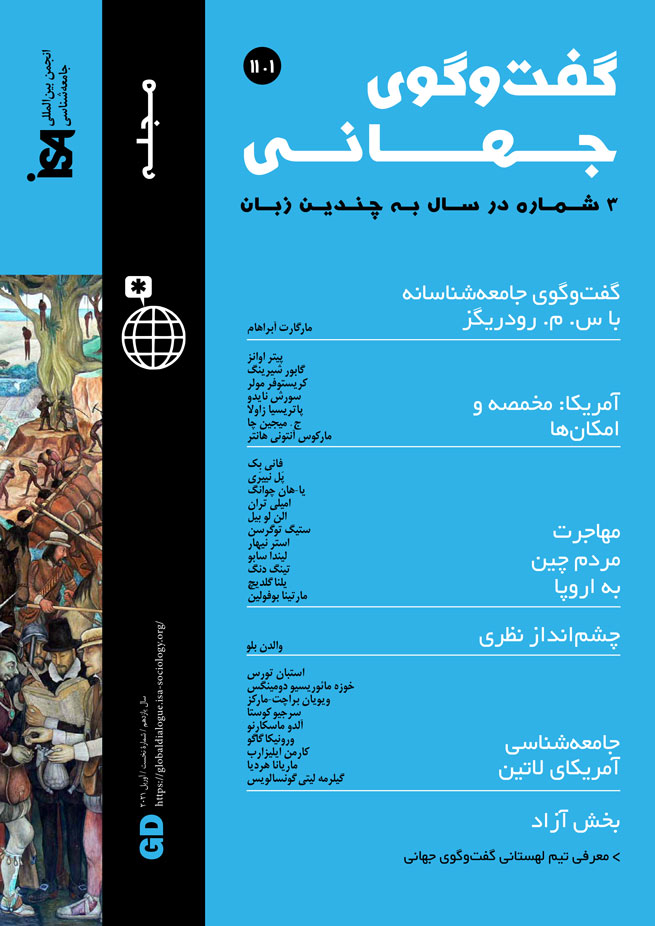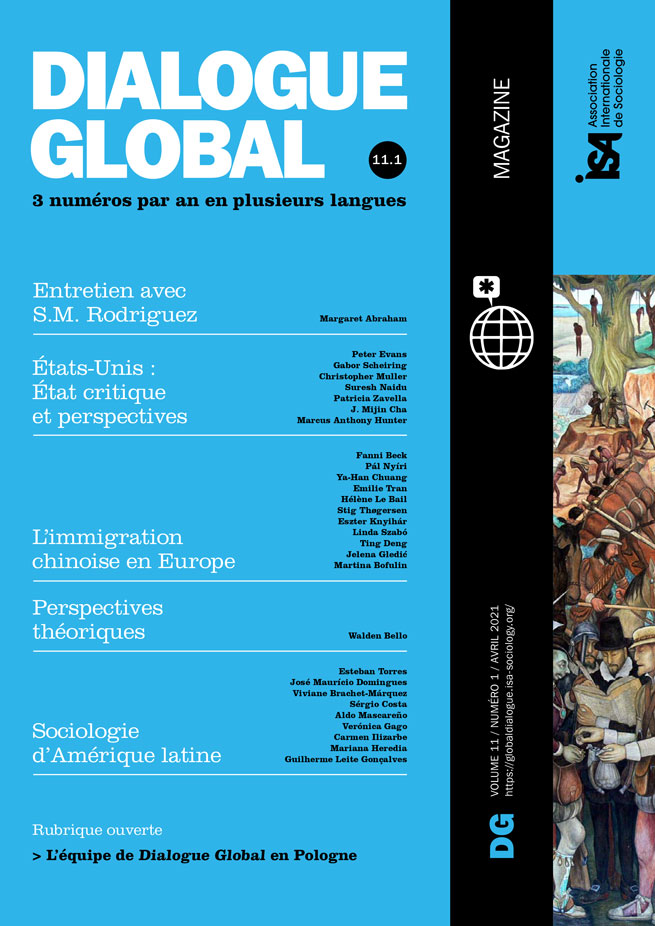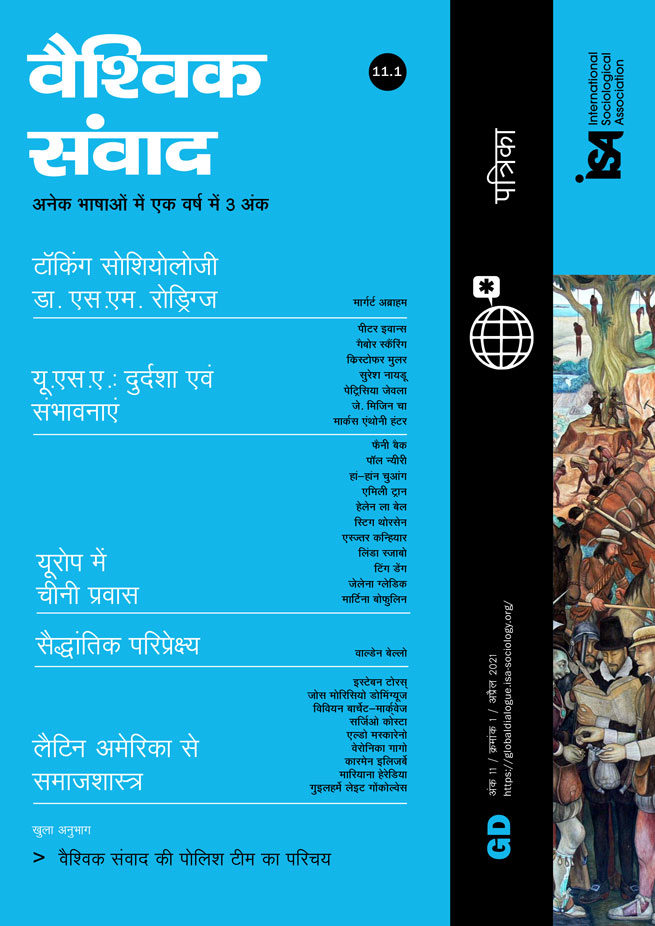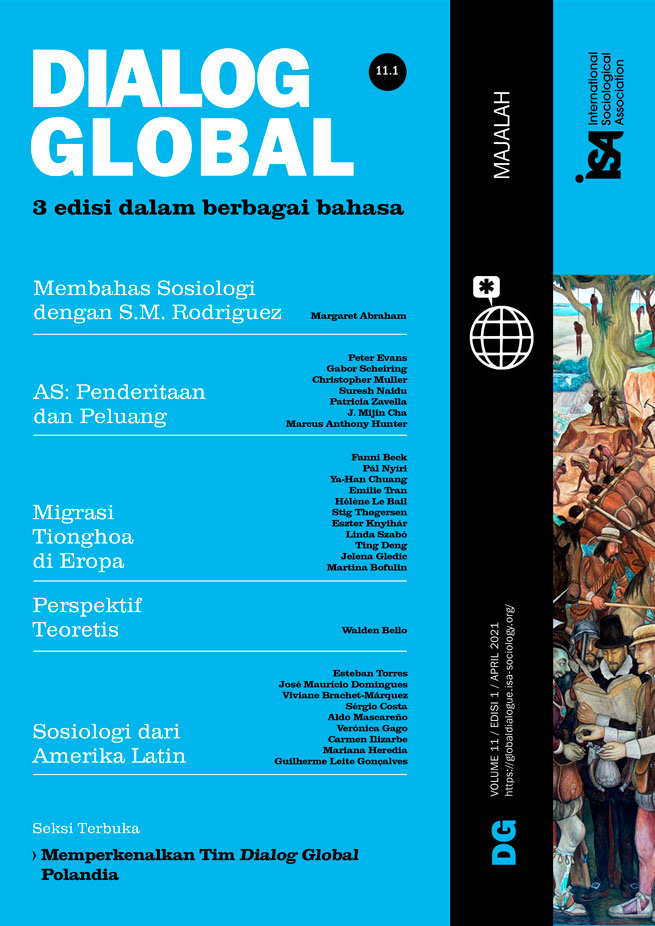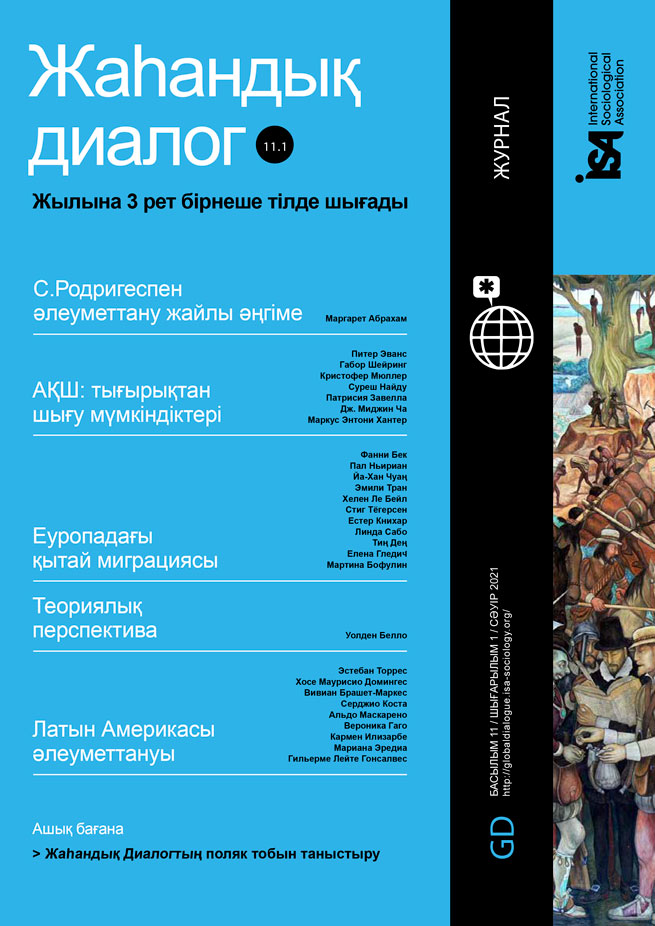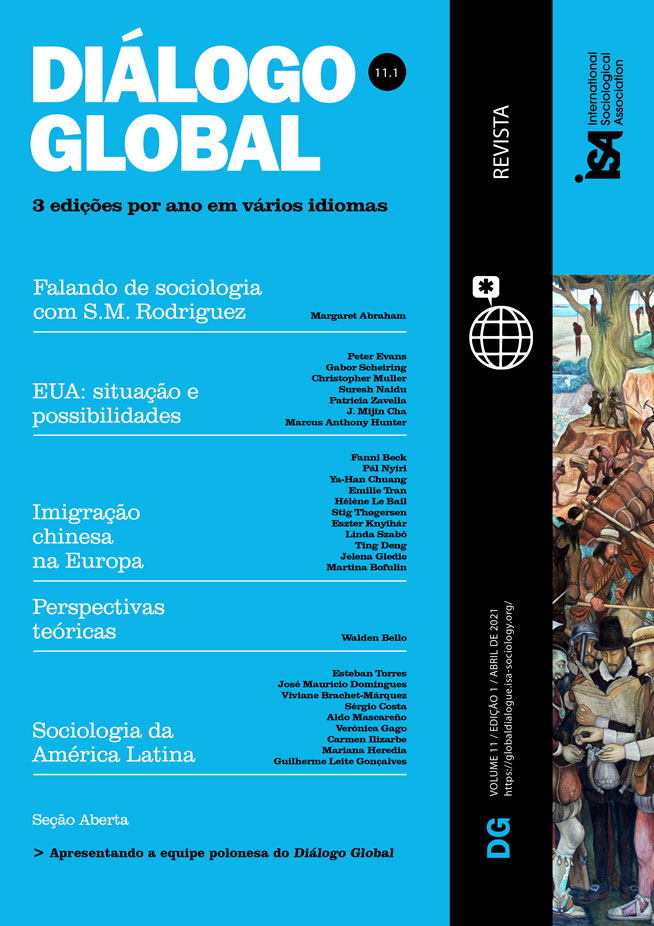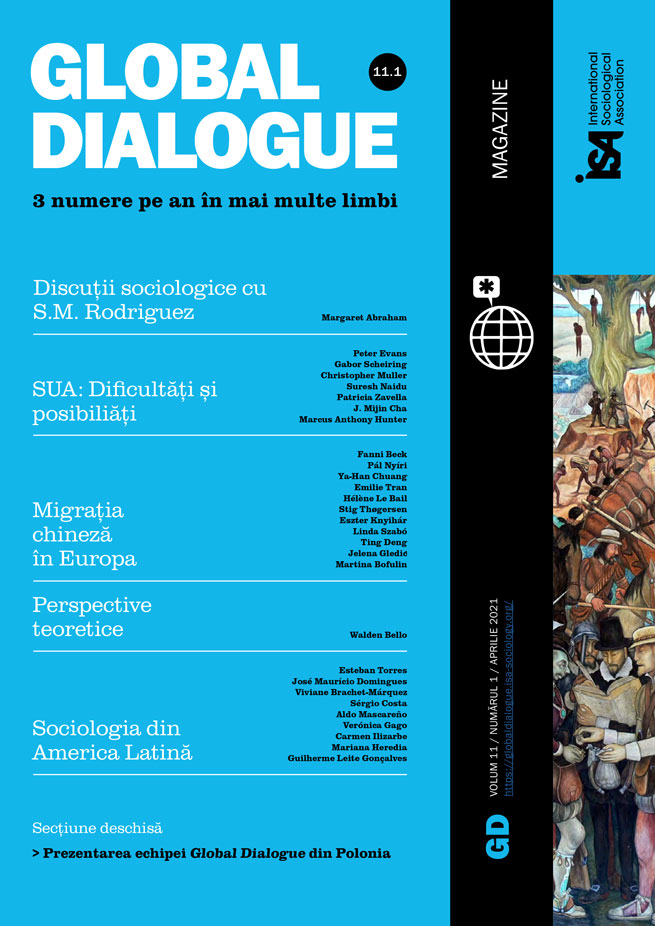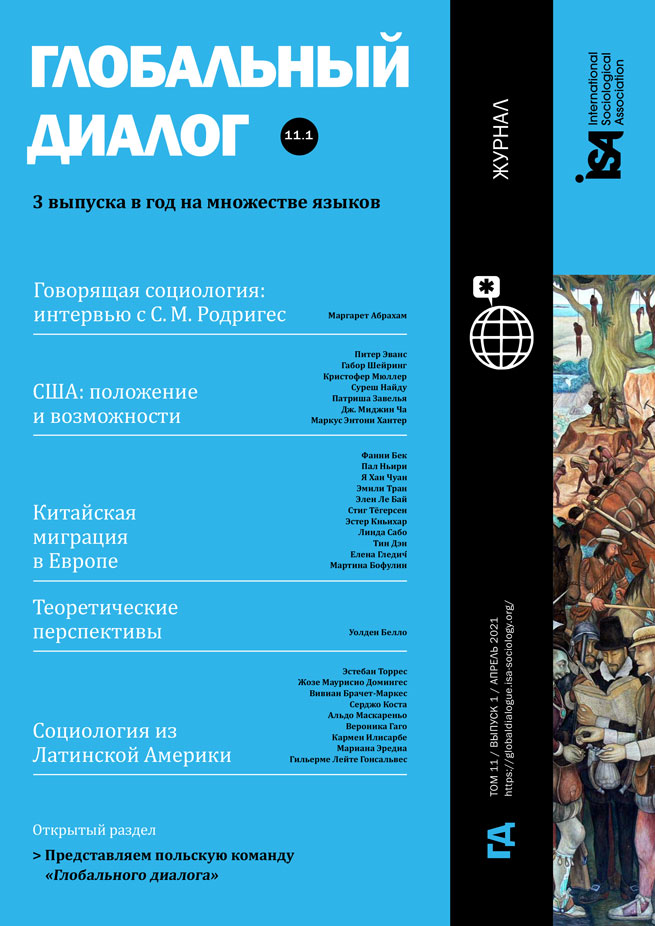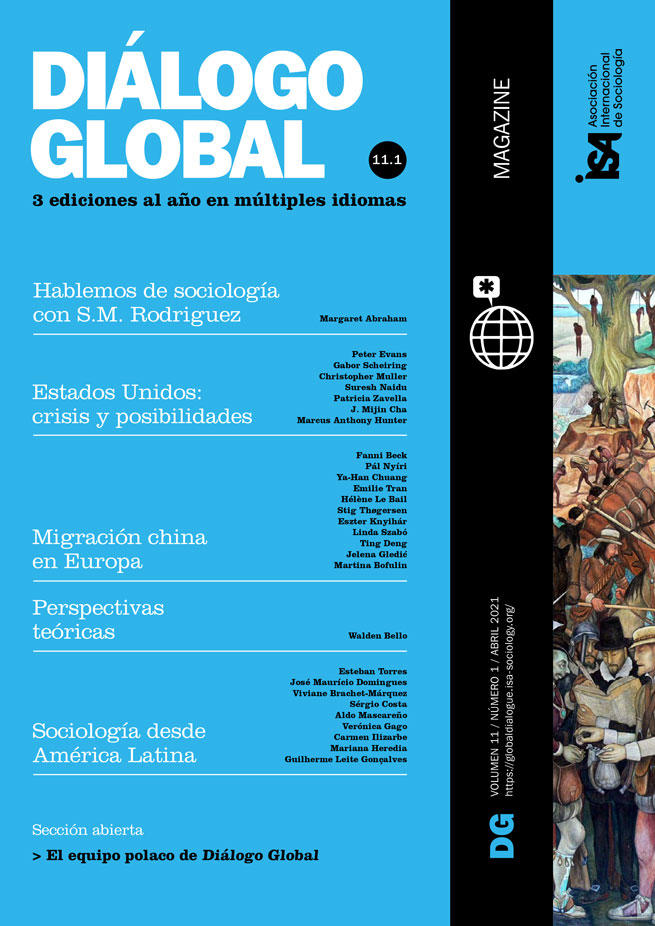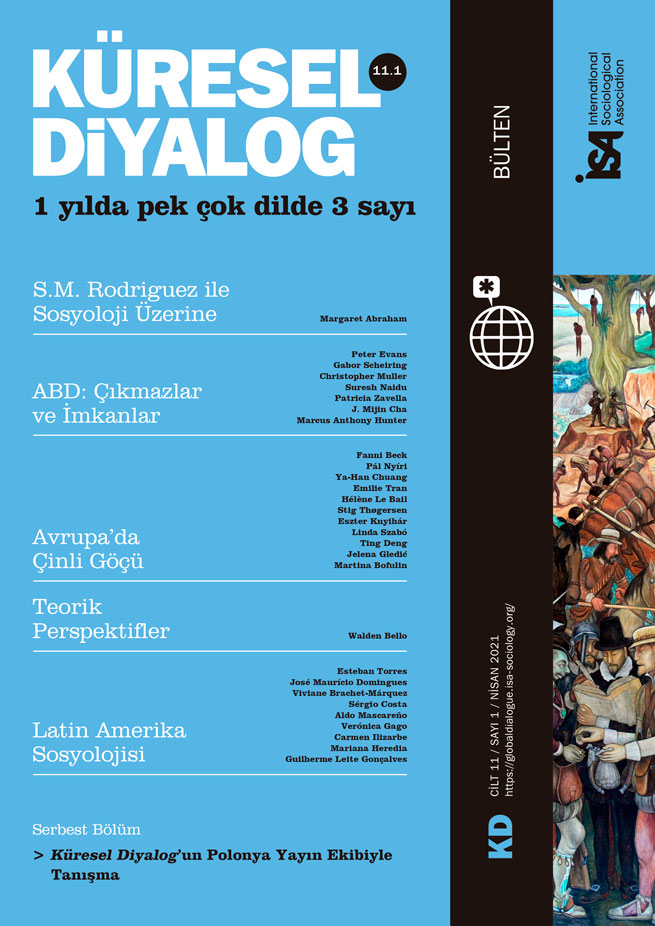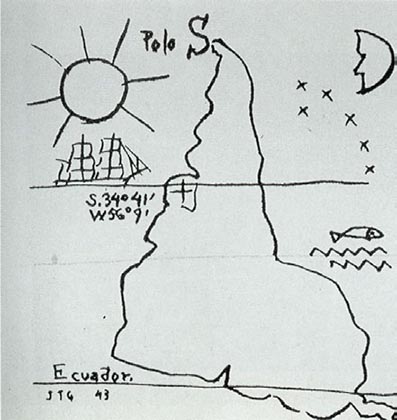Political sociology has a strong tradition in Latin America. It has probably been the core strand of Latin American sociology, though certainly not the only one (“culture” has also been important, as well as some older openings to political economy). Political sociology was extended and transformed with the specific disciplinary emergence of political science, with a North-American countenance, in contrast to formerly more socially-rooted sociological accounts. Political sociology produced important theoretical insights, yet fell short – as has been usually the case in Latin America – of aiming at a more general theoretical contribution. That is, the specific developments of modernity in its specific political dimension were discussed and conceptualized, but usually the analyses stopped at the regional level.
The absence of social theory
An example of this was Quijano’s discussion of Marx’s “industrial reserve army” in order to understand why there was so much excess labor in Latin America, generating what he called a “marginal pole.” At some point Quijano realized that the problem was probably present in nineteenth-century Europe as well and that emigration had solved it. But he dared not go further (let alone challenge some of Marx’s ideas). The same can be said of Germani’s discussion of “populism,” in which modernization made the masses “available,” since they had not been incorporated by a democratic political system, to “manipulation” by opportunistic elites. This could have implied further reflections about Europe, but Germani (who had immigrated to Argentina from Italy due to fascism) confined himself to a discussion of Argentina and, later with other authors, to generalizing his argument to Latin America as a whole. They all stopped there, though. The thesis about “internal colonialism,” put forward by Pablo González Casanova and Rodolfo Stavenhagen, pointing to the encroachment of the modern, postcolonial state upon indigenous communities, could have allowed for a general characterization of the modern state – which actually grew everywhere this way. They did not, however, draw these conclusions. Florestan Fernandes even reckoned we could not afford to work on theory due to a lack of specialized personnel and resources as well as more pressing concrete issues.
Latin American sociology – and actually its social sciences by and large – suffers from a chronic lack of theorization. If it is true that this may presently be more of a global phenomenon, the problem is compounded in the region by that former restriction. The issue becomes even more complicated once we discuss the relation of theory and empirical reality with respect to research strategy. Should we start from the particular and move to the general level? Or is it warranted – in Latin America too – to start from general theoretical problems that pertain to this subcontinent as well as to other regions of global modernity? Several decades ago, Leopoldo Zea observed that while Europeans – and North Americans – took for granted their universality and saw their particularity as immediately conceptually generalizable, Latin Americans had to begin from their particularity since their universality was in principle denied.
Theory of political modernity
If this was true in the past, it no longer makes sense in the present. Although there are disagreements concerning modernity and its genesis, no one would now suppose that the West is the bearer of modernity in its universality. Some would speak of colonial and postcolonial modernities, entangled modernities, multiple modernities, etc. Besides, there is everywhere, including in Latin America, an accumulation of knowledge, also theoretical, that allows us to start with theory at the highest level. This is as true of Latin America as of Europe, Africa, the US, and Asia. To be sure, we need to be somehow context-sensitive, but the problem is that our context is – or should be – global. This is the case of course if we do not stick to the immediate experience of being born and/or bred in a specific place – not a good strategy overall for the social sciences anyway.
This is what has guided my sociological efforts. Familiar with Latin American thought and connected to some sort of “historical materialism,” I decided I needed to revise the whole debate about “structure and agency,” as well as permanence and change in social life. I arrived thereby at a theory of “collective subjectivity” and of “social creativity,” including a view of evolution and history. I deepened my knowledge of the main imaginary and institutional elements of modernity and then returned to the realities of Latin America in what I analyzed as the “third phase of modernity.” This was expanded into a discussion of global modernity - unitary, heterogeneous, and hybrid - in its expansion across the planet. Eventually I took up what is for me today the area where our civilizational and emancipatory issues are located strategically: the political dimension of modernity. At the same time, I decided that it was time I tackled Marx’s “method of exposition,” with which I had been concerned for long, applying it to the political dimension. This implied extensive investigation and a systematic organization of categories that could fully cover political modernity, as well as the establishment of its dynamic trends.
This has led me to propose a categorical exposition of political modernity in its global reach, within a particular form of critical theory. I have tried to incorporate historical developments across the world, but what really matters is their subsumption into the categorical analytic system. My analysis addresses how both imaginaries and institutions unfold, along with the mechanisms that produce and explain this dynamic. The rights-form, the citizenship-form, law, the state, autonomization, political systems and political regimes, including an imaginable radical democracy, the relation of abstract and concrete, as well as the expansive and restrictive moments of liberalism, furnish the core of the theoretical approach I have been developing. Add to these categories the identification, analysis, explanation, and projection of trends related to the strengthening of the state and the increasing political autonomization of citizens. I have lately been investigating “real socialism,” which I have defined as “authoritarian collectivism,” an original, though not socialist, social formation, parasitical upon modernity.
Some of the material related to this general theoretical understanding of modernity has been published and I intend to produce a final and more integrated theoretical account of political modernity in a few years. This is part of a global sociological approach, with some Latin American background that is nevertheless sublated by universalist – theoretical and axiological – ambitions.
José Maurício Domingues, IESP-UERJ, Brazil <jmdomingues@iesp.uerj.br>
